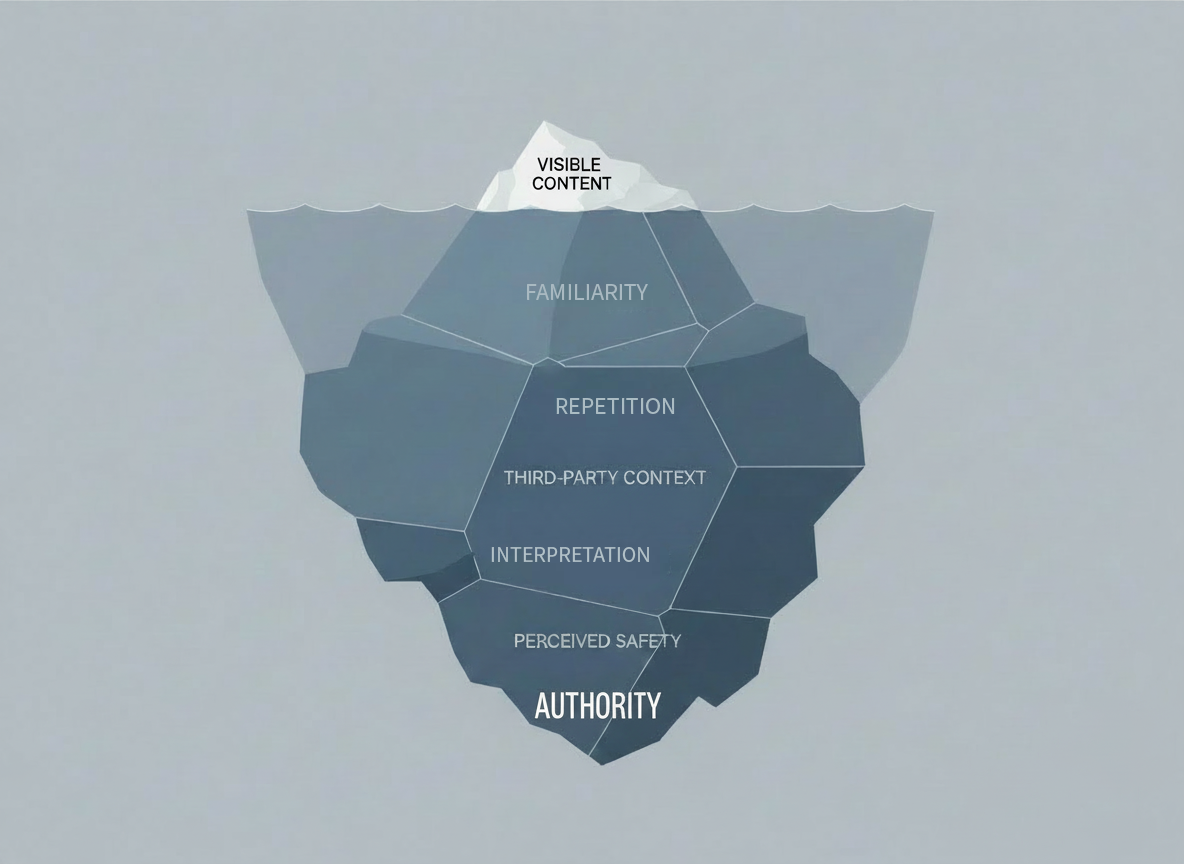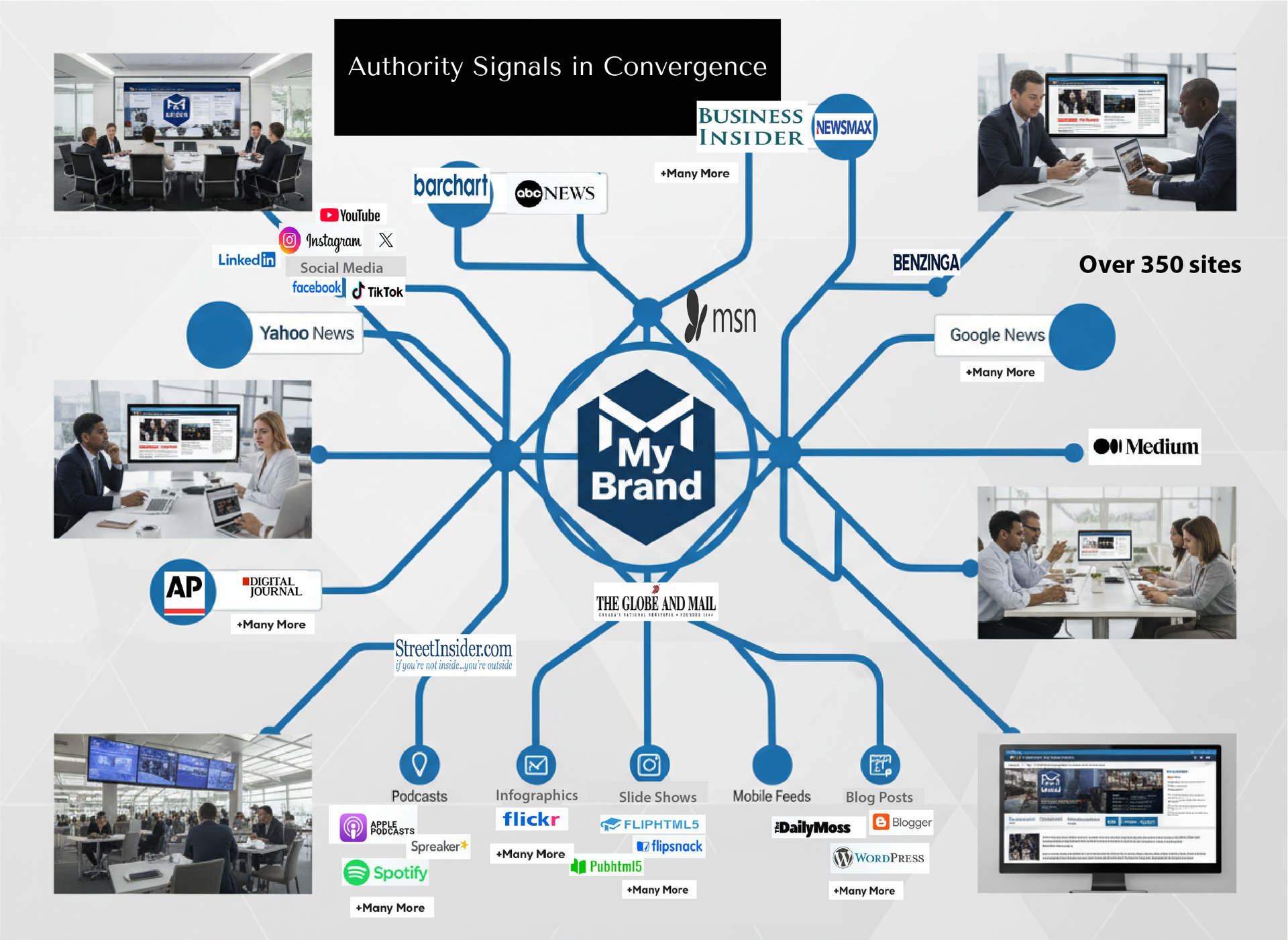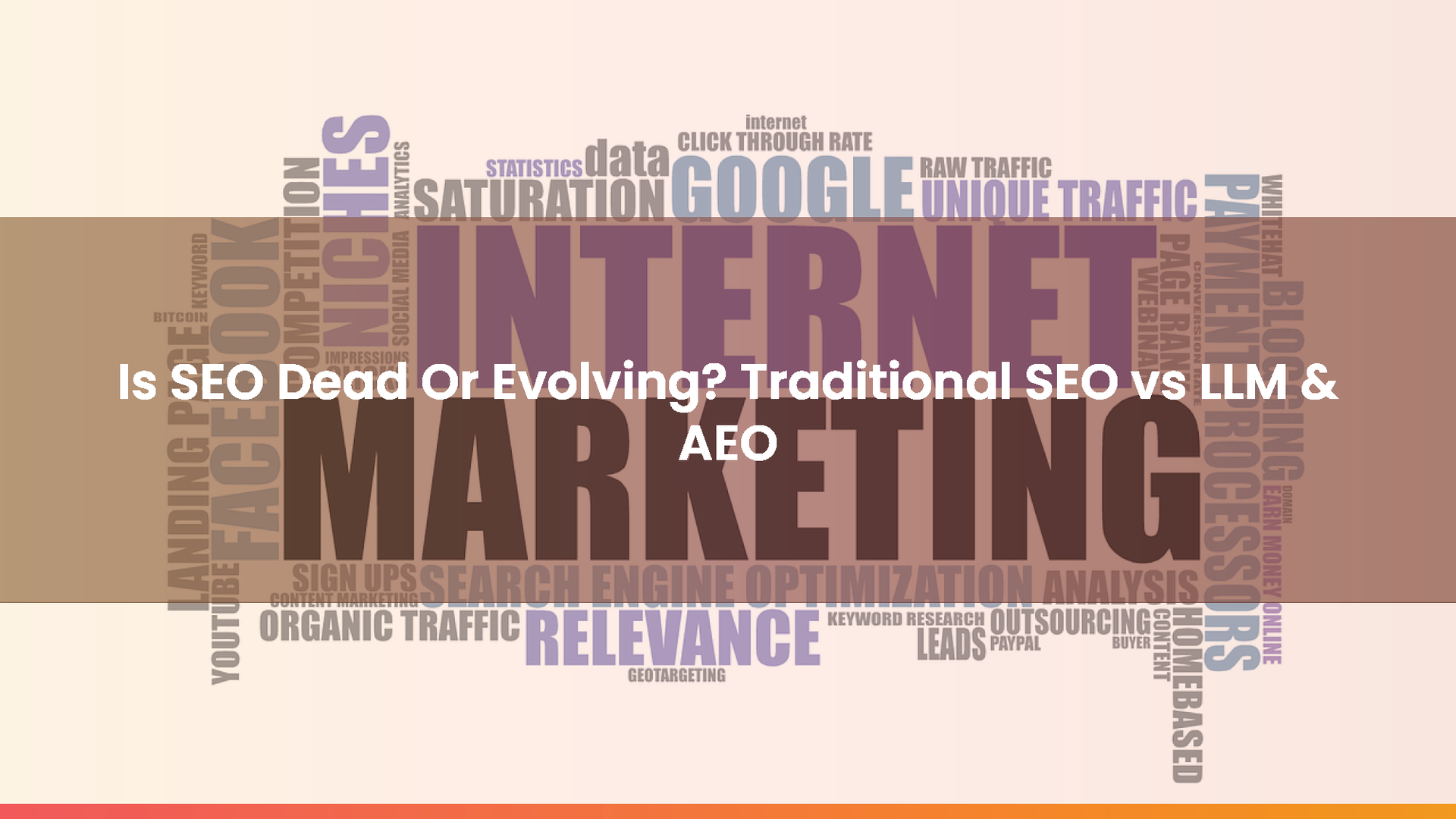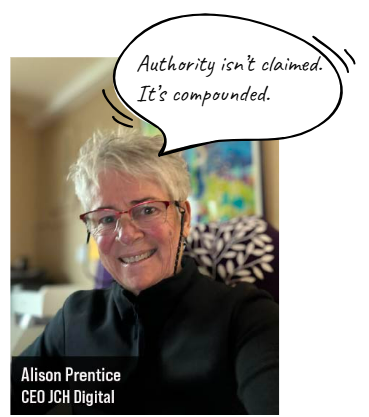Don't blog? Here's why you should!
Are you one of those people who are not sure about blogging?
I’m often asked whether blogging or individual pages is better for the Google algorithm search engine results and ranking. I do both. I often start with individual pages and then add a blog. Blogging can be great for improving Google search engine results for a number of reasons. Understanding how to work with Google's algorithm is essential for your business.
Here are the top 10 factors contributing to a blog's effectiveness:
1. Fresh and Relevant Content: Search engines prioritize fresh and relevant content. Regularly updating your blog with new posts keeps your website current and signals to search engines that your site is active and valuable.
2. Keyword Optimization: Blogs provide an opportunity to naturally incorporate relevant keywords that users may use when searching. Properly optimizing your content for these keywords can improve your site's visibility in search engine results pages (SERPs).
3. Long-Tail Keywords: Blogging allows you to target long-tail keywords – more specific and less competitive phrases. This can help you attract a more targeted audience and improve your chances of ranking higher for those specific queries.
4. Internal Linking: Creating internal links within your blog posts helps search engines understand the structure of your website and establishes connections between different pages. This can improve the overall SEO of your site.
5. Backlink Opportunities: High-quality content attracts backlinks from other websites. Backlinks are crucial for SEO, and a well-maintained blog can naturally earn them over time, boosting your site's authority and search engine rankings.
6. Social Media Signals: Blogs are often shared on social media platforms, providing additional signals to search engines. Social media activity can indirectly impact your search engine rankings, as it helps increase the visibility and popularity of your content.
7. Dwell Time Improvement: Well-written and engaging blog posts can increase the time users spend on your site, known as dwell time. Search engines may interpret longer dwell times as a positive signal, potentially improving your rankings.
8. Mobile Optimization: Blogs that are optimized for mobile devices contribute positively to search engine rankings. With the increasing use of smartphones, search engines prioritize mobile-friendly websites.
9. Content Depth and Quality: In-depth, high-quality content tends to perform better in search engine results. Blogs allow you to delve into topics thoroughly, providing valuable information that can attract and retain visitors.
10. Frequent Indexing: Search engines regularly crawl and index websites. By consistently publishing new blog posts, you increase the chances of your site being crawled more frequently, leading to quicker inclusion of new content in search results.
Remember, while blogging can positively impact search engine results, it's essential to focus on creating valuable, user-friendly content rather than solely optimizing for search engines. User experience and relevance should always be at the forefront of your blogging efforts.
What kind of blogging do
you do?
Ready to work with JCH Digital?
Let's connect! We’re here to help.
Send us a message and we’ll be in touch.
Or give us a call today at 604-290-6869












